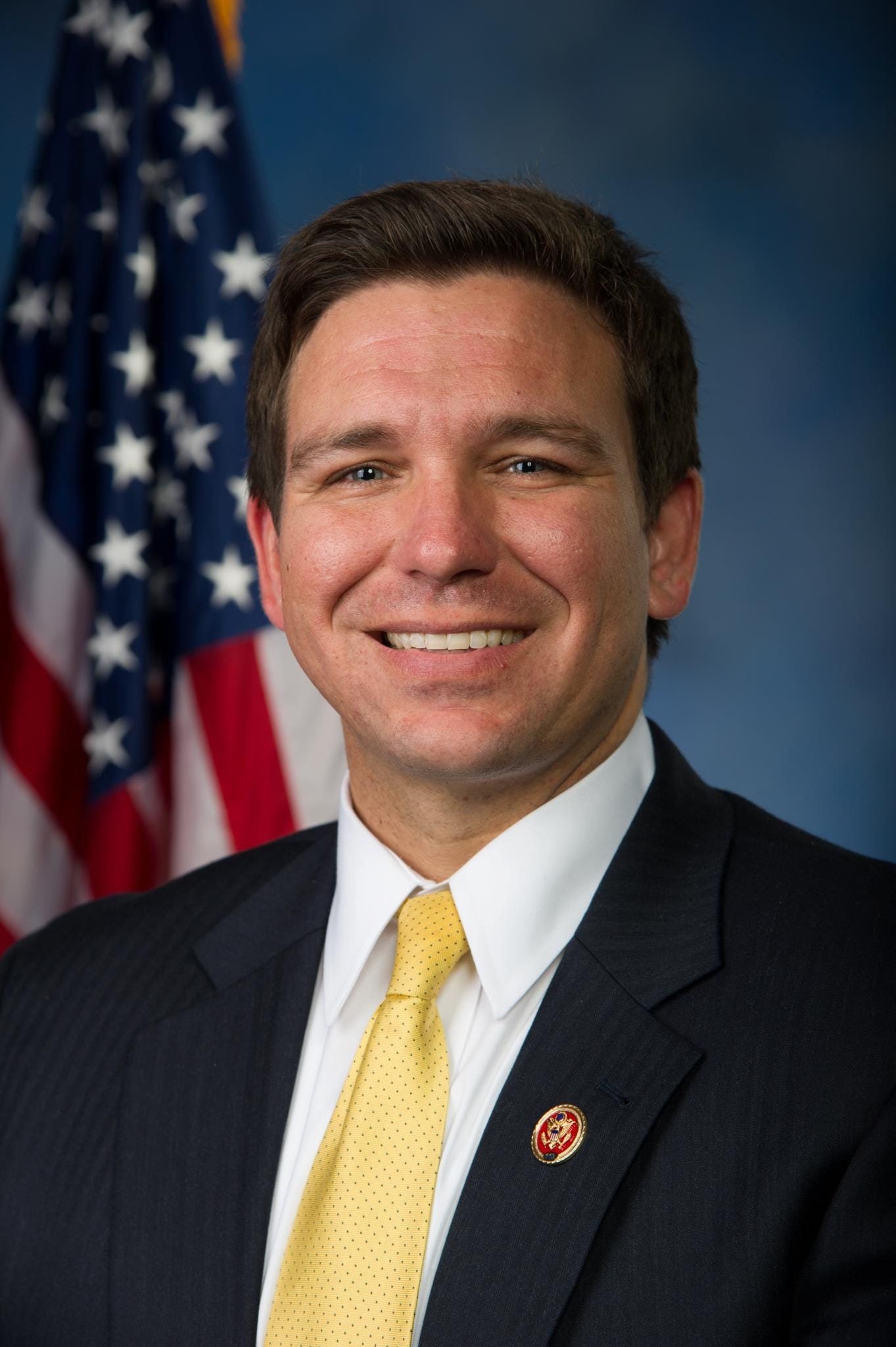
The jury’s still out on whether Gov. Ron DeSantis will do a better job of protecting open government and public records than his predecessor.
Former Gov. Rick Scott, it should be remembered, was famous for skirting public records law. Even as he took office, his transition staff announced that all his email had been accidentally deleted. Oops. He used a private email account in an attempt to keep public records secret and then foreswore using email at all. In 2015, he settled seven open-records lawsuits for $700,000 (more than half of that money came out of Department of Environmental Protection’s budget).
And each year when the Legislature passed new exceptions to the Sunshine Law, Scott’s signature could be counted on.
This means that enjoying a better reputation for open government and public records transparency shouldn’t prove difficult for DeSantis.
So far, his record is skimpy and mixed. The Florida Cabinet’s meeting in Israel raised eyebrows and attracted an unsuccessful court challenge. DeSantis dismissed the lawsuit as “frivolous” but it raised legitimate concerns about his commitment to the spirit of the law.
And it remains to be seen how he will react to the Legislature’s slew of Sunshine Law and public records law exemptions.
Barbara Petersen, president of the First Amendment Foundation, noted that although the Legislature had a record low year for bill passage — just 174 general bills — 25 of them either created new public records exemptions or reauthorized old ones. So yes, that would be 14 percent of this session’s work product devoted to blocking the public’s right to know. A popular topic, it seems.
Among those bills the First Amendment Foundation is asking DeSantis to veto: A dramatically over-broad provision that would automatically seal criminal histories of people charged with crimes but whose cases were dropped by prosecutors, dismissed by courts or resulted in an acquittal after trial by a judge or jury. This legislation would make it all but impossible to investigate allegations of police abuse or prosecutorial corruption, and far more difficult to detect or report on someone who has been repeatedly arrested on the same kind of charge, particularly hard-to-prosecute sexual abuse and domestic violence charges.
Florida already has a procedure for sealing criminal records. A veto would send a needed message about the overbroad sealing of formerly public information.
The group also unsuccessfully urged the governor to veto a bill that widens — to a ridiculous extend — the information related to home-address exemptions to the public records law allowed for government officials, employees and law enforcement personnel. People think of this as a protection for law enforcement, but it also includes more than 20 classes of government employees.
DeSantis so far has avoided the public records controversies of his predecessor. But lacking any decisive actions affirming his commitment to open government, the so-far popular governor hasn’t yet taken the opportunity to burnish his image with Florida voters who looking for greater transparency in government.
This editorial originally appeared in the Daytona Beach News-Journal.
This article originally appeared on Santa Rosa Press Gazette: GUEST EDITORIAL: Gov. DeSantis and Sunshine
